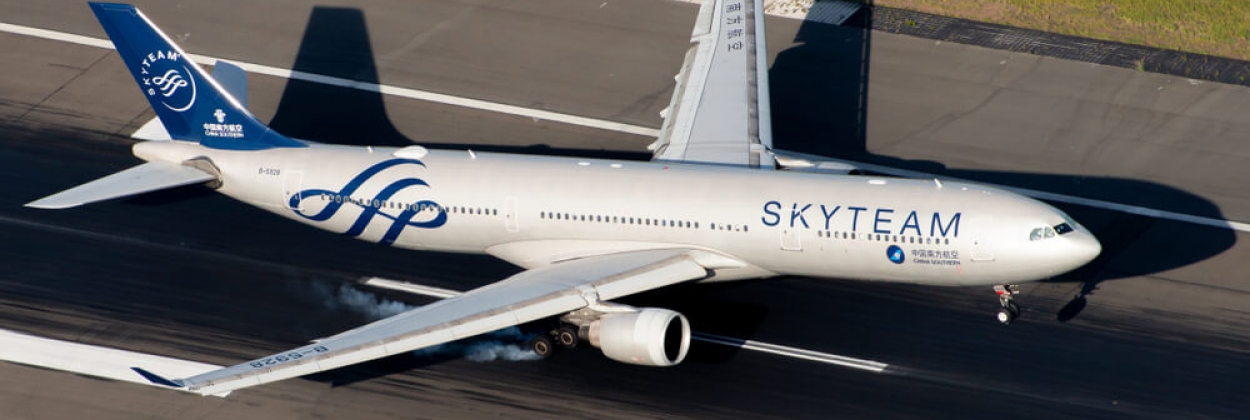Will airline alliances fade into mediocrity in the next decade?
As the majority of the world celebrated Christmas, China Southern Airlines planted a very unwelcome gift under SkyTeam’s tree on December 24, 2019, as it confirmed that as of January 1, 2020, it will no longer be a member of the alliance.
Reasoning by the vision to “enhance global connectivity and create a better life” for its passengers, the Guangzhou-based carrier was not grieving for a long time and already created new partnerships before officially leaving SkyTeam with British Airways and numerous other companies.
Most recently, LATAM also announced that it will leave oneworld after Delta Air Lines acquired a 20% stake in the South American carrier, while another oneworld member, Qatar Airways, likes to throw hissy fits and threaten to leave its membership on the table and slam the door behind itself in the same dramatic fashion that the airline’s Chief Executive Officer Akbar Al Baker likes to express himself publicly.
Another SkyTeam member is also set to potentially leave, as Air Europa and International Airlines Group (IAG) have agreed to the latter’s purchase of the former. While the transaction is still pending approval from governmental authorities, two IAG-owned airlines are associated with oneworld, putting Air Europa’s SkyTeam membership in question.
Thus, with the most recent developments, are airline alliances going to fade into mediocrity in the coming decade, considering the fact that the industry is also going towards the trend of consolidation?
Benefits and drawbacks
From a carrier‘s perspective, the allure of joining an alliance is fairly obvious – the ever-increasing network of routes and destinations that passengers are able to reach via alliances when partners are expanding. Customers also stay in line with loyalty programs and are able to receive a similar level of passenger experience wherever they are, including airport lounges. At least on paper.
Essentially, airlines are able to offer more to their customers without dedicating too much of their resources, namely aircraft and flight crews, or operate routes that would not make much sense. For example, it would not make sense for Lufthansa to operate intra-United States routes to feed their transatlantic. Instead, it is more sensible for a locally known brand, like its partner, United Airlines, to transfer domestic passengers onto international flights.
However, at the same time, the airline business is cut-throat. Companies have to look out for their best interests, including expanding into markets where there are opportunities to do so. One example could be the recent tie-up between British Airways and China Southern Airlines. Neither International Airlines Group, the owner of British Airways nor oneworld, the British carrier’s alliance, had a strong presence in China. While Cathay Pacific is a oneworld member, it serves the Europe-China market via its hub in Hong Kong, meaning less flexibility for passengers who are looking to travel on the Silk Road in the air.
A partnership between BA and CSA, on the other hand, provides more direct opportunities between London and Chinese cities. Yet at the same time, it also creates a competitive disadvantage for Cathay Pacific, as direct flights, instead of connections through Hong Kong International Airport (HKG), sways passengers towards choosing the former option, consequently decreasing potential revenue for Cathay.
Thus, airlines have to juggle their own best interest with the interest of the alliance they represent, potentially limiting growth in a market where growth opportunities are becoming limited. With airports getting fuller rather than freer and with passenger numbers predicted to only grow more and more, there is a clear incentive for airlines to grow. In addition, building a new or expanding an older airport is no easy task, as proven by the Berlin-Brandenburg (BER) or the London-Heathrow (LHR) debacles.

Write a Comment